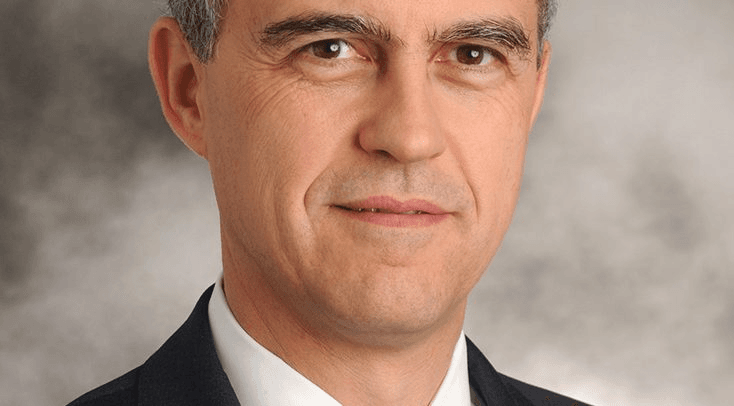- Home
- We Are Alumni
- Epic Awards
- Mitra Feldman
Mitra Feldman

Mitra Feldman, nominated for the EPIC Prizes in the Human Success category, is a specialist in public health who has spent the past decade fighting malaria through different programs in Africa and Southeast Asia.
“I firmly believe that health is a human right and that everyone in every part of the world deserves access to adequate health services.”
Mitra Feldman (Global MBA 2014) is a specialist in public health who has dedicated the past decade to fighting malaria through different programs in Africa and Southeast Asia.
“Malaria is one of the most important health issues in the world and in many countries still causes more deaths in children under five years of age than other diseases. It is also curable and preventable, which makes it even more important to address it on a global scale,” says this IE alumna, who has an MSc in Control of Infectious Diseases from the London School of Hygiene and Tropical Medicine.
Feldman has worked for several international NGOs and government organizations. Her first important post was in Liberia, a country then devastated by a 14-year-long civil war. She coordinated 14 primary health-care clinics and a referral hospital that treated some 350,000 persons, with a focus on primary health care and adolescent sexual and reproductive health. Later she worked in Uganda and Zambia and then managed a malaria program covering five African countries. As an independent consultant, she has worked in Bangladesh, Sierra Leone, Cambodia, Myanmar and Thailand. She has also participated in the start-up of a program by the US Department of Defense to increase collaboration between Ministries of Health and Ministries of Defense for eliminating malaria in Southeast Asia.
“From a health point of view, the epidemiology of malaria is very different in Africa and Southeast Asia. In many African countries malaria is still the principal cause of illness, but in much of Southeast Asia it’s no longer considered a public health threat. Many countries there are on the verge of eliminating it,” Feldman explains. In this sense, her work on the Asian continent is a great challenge. “As the threat and impact of malaria decreases, it is very tempting for governments and donors to reduce the resources available. Historically, the resurgence of malaria has been linked to a decrease in activities because of reductions in funds. It’s fundamental to maintain activities, to ensure we don’t lose what has already been achieved in the last 10 to 15 years,” she adds.
Combating malaria requires great organizational capacities because the large pharmaceutical companies have little incentive to invest in R+D in the developing countries.
“Research is primarily carried out by government organizations and NGOs, and the resources are limited,” explains Feldman. “That’s why it’s essential that they be well administered. It’s vital to know the best management practices. Then you can not only demonstrate to donors how you can maximize resources, but governments can be encouraged to increase domestic funding when they realize there is real value for money.”
For this specialist, research and management must go hand in hand. “With good management systems it’s more likely that the results of research will have a political influence and a positive impact, and that it won’t just be an academic exercise that may be very intellectually interesting but isn’t very useful in the real world,” she adds.
The mother of two children, Feldman currently lives in Thailand.
The MBA from IE Business School has had a great influence on my self-confidence as a professional and has been very useful when speaking in public and reducing my sense of ‘impostor syndrome.’ It also improved my networking skills and gives me more authority when I answer the offers from consulting firms,” she says

NOMINATIONS ARE CLOSED
We will be announcing the nominees shortly. Stay tuned!

